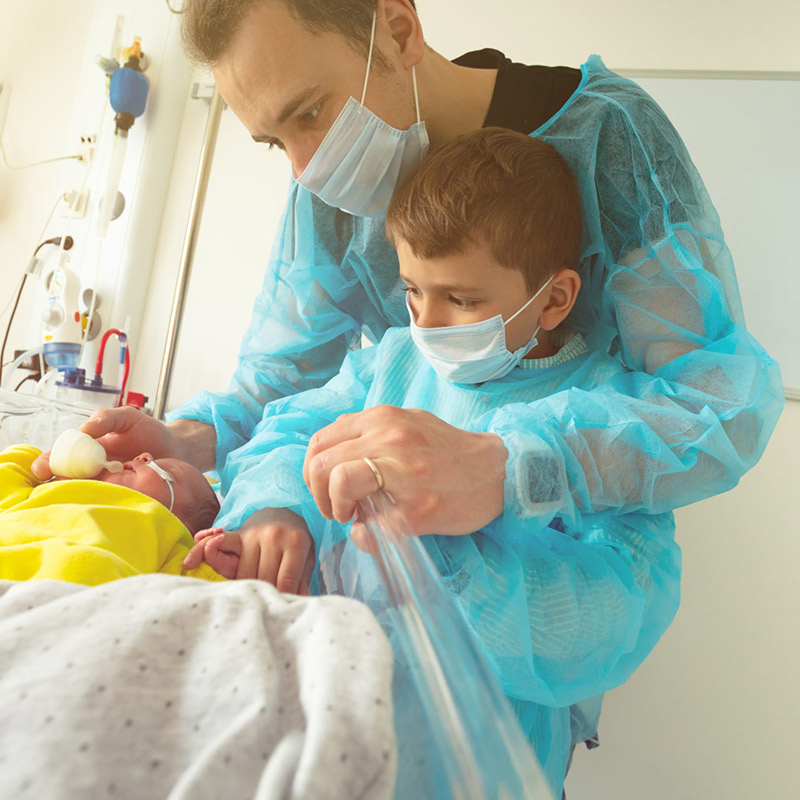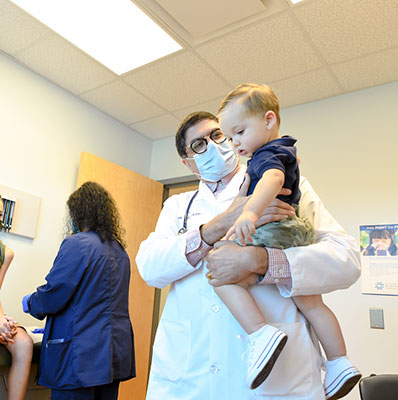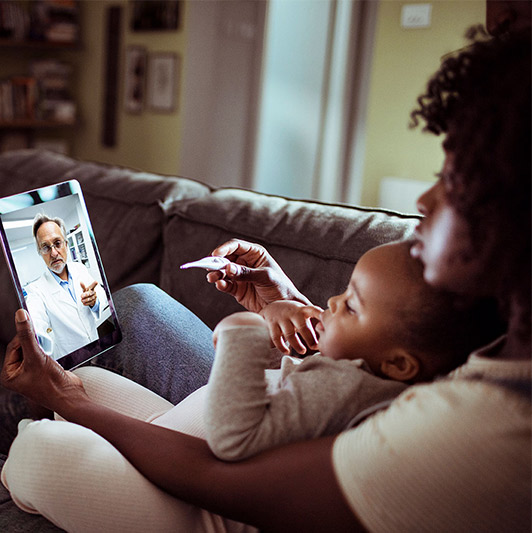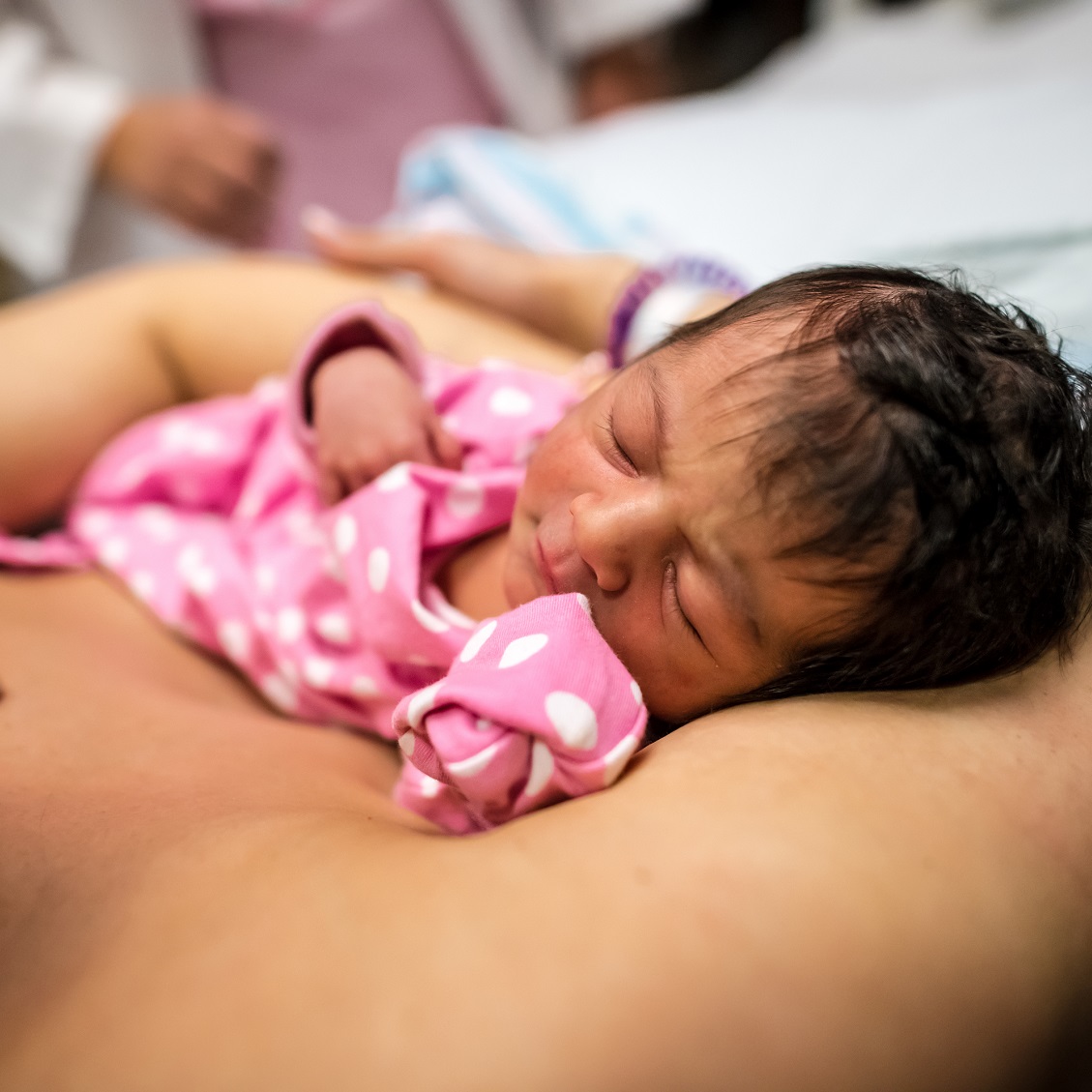Is It a Cold or RSV?
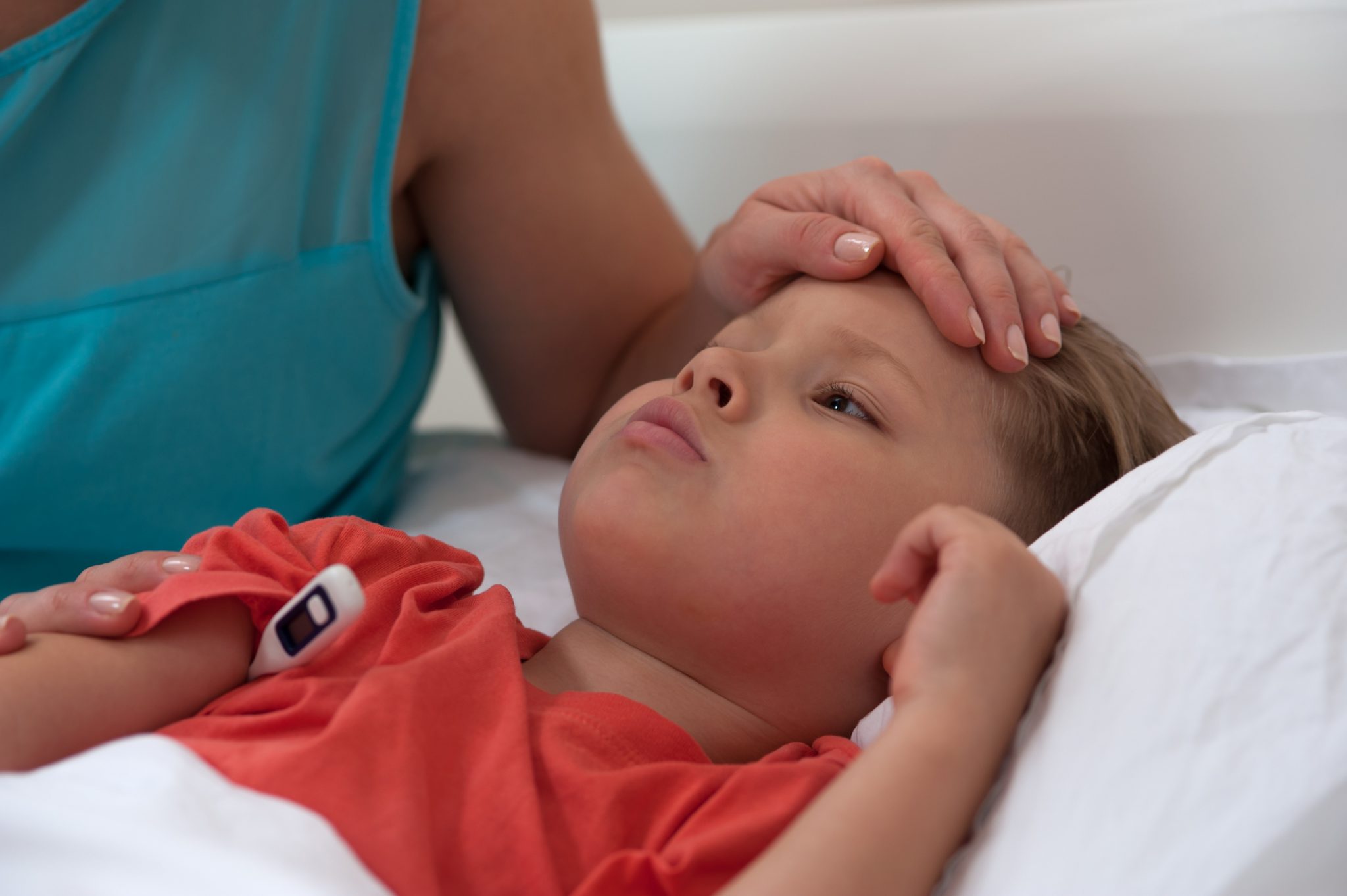
October 23, 2018
RSV (or respiratory syncytial virus) is a common respiratory viral illness that most severely affects infants and young children. The virus occurs usually in the late fall to early spring months and is very contagious
More than 57,000 children younger than 5 years old are hospitalized in the United States each year due to RSV infection, according to the Centers for Disease Control and Prevention. But it doesn’t only affect kids. An additional 177,000 hospitalizations are among adults older than 65. Many people who contract RSV do not require hospitalization and will recover quickly at home. But some patients aren’t as lucky.
“We know that of the thousands of kids who get RSV each year, there’s a subset that will get well at home, one subset that will go to the doctor and one subset that will require hospitalization,” says Andrew McInness, M.D., a pediatric intensive care physician at K. Hovnanian Children’s Hospital at Jersey Shore University Medical Center. “There are kids who die from it every year, so it’s a very serious illness.”
But many kids who contract RSV will display only minor cold-like symptoms, like a runny nose and low-grade fever. Some, however, will become increasingly sick. Here’s how to tell the difference between a cold and RSV:
A young child with a cold (or upper respiratory tract infection) could have:
- Fever (100.4 or higher)
- Cough (dry or wet sounding)
- Congestion
- Sneezing
- Runny nose
- Fussiness
- Poor appetite
A young child with RSV could have all of the above cold symptoms, plus:
- Fast breathing
- Flared nostrils
- Wheezing
- Head bobbing with breathing
- Rhythmic grunting during breathing
- Inability to feed/eat
- Difficulty breathing (tugging between ribs and at lower neck)
Keep in mind that RSV symptoms are typically at their worst between days three and five. So it’s possible to get sicker before getting better. But when should you head to the doctor?
“If you notice your baby having a hard time breathing, call your pediatrician,” says Delia Rappaport, M.D., a pediatrician at Hackensack Meridian Health Medical Group. “If you can’t get in right away, go to the emergency room. Especially with young kids or babies, you don’t want to risk it.”
Next Steps and Resources
- Meet our source: Delia Rappaport, M.D.
- To make an appointment with Dr. Rappaport or a pediatrician near you, call 800-822-8905 or visit our provider directory.
- Learn more about Children's Health at Hackensack Meridian Health.
The material provided through HealthU is intended to be used as general information only and should not replace the advice of your physician. Always consult your physician for individual care.

